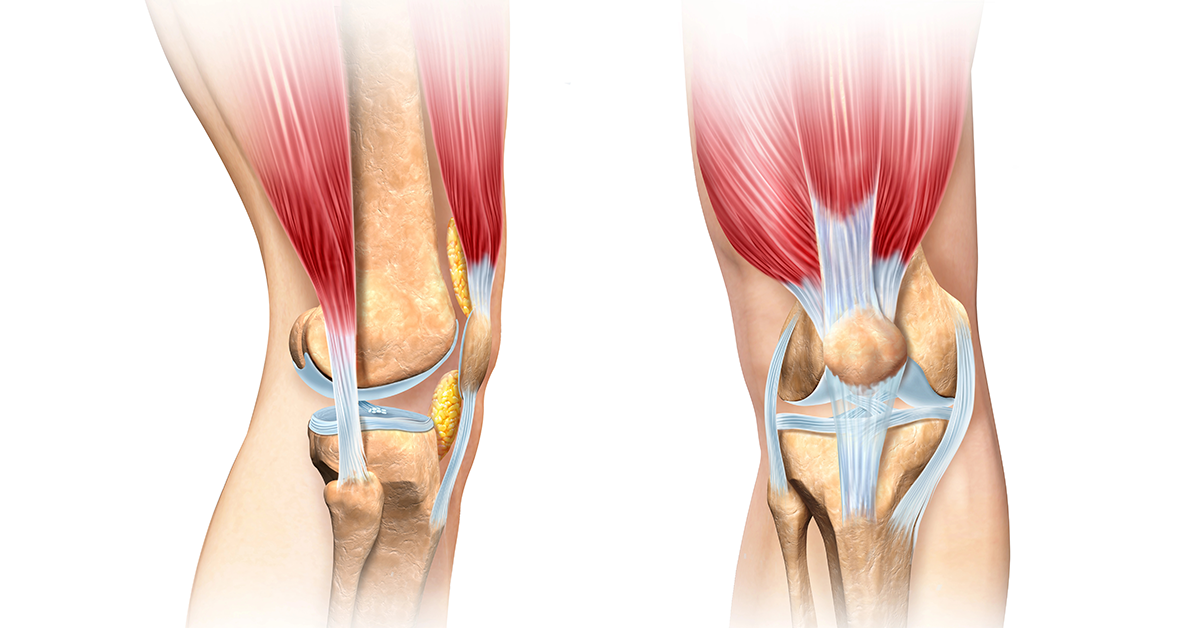
Can I wait too long to have knee replacement?
Knee replacement surgery is a common and effective solution for those suffering from severe knee pain and dysfunction, often due to conditions like osteoarthritis. While many people may hesitate to undergo surgery, it's important to consider the potential risks of waiting too long. This blog will explore the consequences of delaying knee replacement surgery and help you understand when it might be time to take action.
The Risks of Waiting Too Long
Increased Pain and Discomfort
One of the most immediate consequences of delaying knee replacement surgery is the continued and often worsening pain. As the condition of the knee deteriorates, pain can become more severe and persistent, significantly impacting your quality of life.
Reduced Mobility and Function
Over time, the damage to your knee joint can lead to reduced mobility and function. This can make it difficult to perform everyday tasks, such as walking, climbing stairs, or even standing for extended periods. The longer you wait, the more your physical capabilities may decline.
Joint Deformity
In advanced stages of knee osteoarthritis, the joint may become deformed. This can lead to misalignment of the knee, causing further pain and complicating the surgical procedure. Severe deformities may also require more complex and invasive surgical techniques.
Muscle Weakness and Atrophy
Chronic knee pain often leads to reduced activity levels, which can result in muscle weakness and atrophy around the knee joint. Weaker muscles can affect your overall stability and balance, increasing the risk of falls and further injury.
Decreased Overall Health
Living with chronic pain and limited mobility can negatively impact your overall health. Reduced activity levels can contribute to weight gain, cardiovascular issues, and a decline in mental health. Additionally, chronic pain can lead to sleep disturbances and increased stress levels.
When to Consider Knee Replacement Surgery
Persistent Pain
If you experience constant or severe pain that interferes with your daily activities and does not improve with conservative treatments (such as medications, physical therapy, or injections), it may be time to consider knee replacement surgery.
Impact on Quality of Life
When knee pain significantly affects your quality of life, making it difficult to enjoy activities you once loved or perform basic tasks, it's a strong indicator that surgery might be necessary.
Ineffectiveness of Other Treatments
If you have tried various non-surgical treatments without finding sufficient relief, knee replacement surgery may be the best option to restore your mobility and alleviate pain.
Doctor's Recommendation
Your orthopedic surgeon can provide valuable insights into the timing of knee replacement surgery. They will evaluate your condition, review your treatment history, and recommend the best course of action based on your individual needs.
Benefits of Timely Knee Replacement Surgery
Pain Relief
One of the most significant benefits of knee replacement surgery is the reduction or elimination of pain. Many patients experience dramatic improvements in their pain levels, allowing them to return to a more active lifestyle.
Improved Mobility
Knee replacement surgery can restore mobility and function, making it easier to perform daily tasks and engage in physical activities. This can lead to improved overall health and well-being.
Enhanced Quality of Life
By reducing pain and improving mobility, knee replacement surgery can greatly enhance your quality of life. You can return to enjoying hobbies, spending time with loved ones, and maintaining an active and independent lifestyle.
While it's natural to feel apprehensive about undergoing knee replacement surgery, waiting too long can lead to increased pain, reduced mobility, and a decline in overall health. If you are experiencing persistent knee pain that affects your quality of life and other treatments have not provided relief, it may be time to consult with your orthopedic surgeon about knee replacement surgery. Timely intervention can help you regain your mobility, reduce pain, and improve your overall quality of life. Don't let fear or uncertainty hold you back from taking the steps necessary to reclaim your health and well-being.
